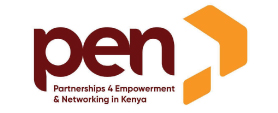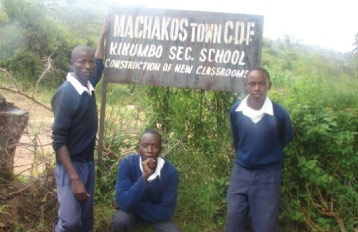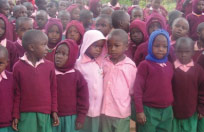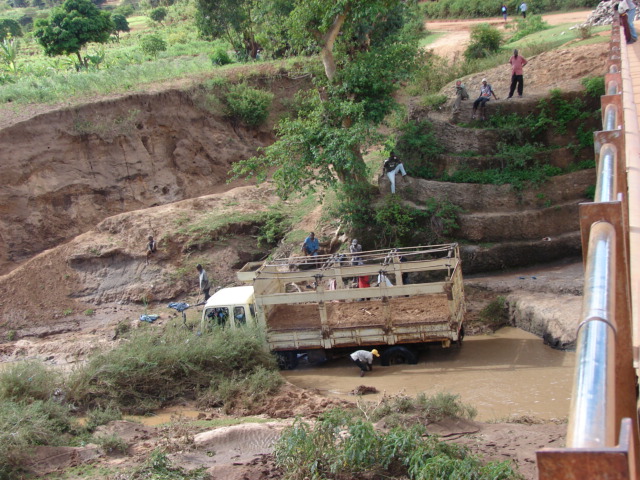The Government of Kenya channels a lot of money in all districts annually through different ministries. For example, the Constituency Development Fund allocated in all the constituencies every year has found its roots in many communities. Others included the Local Authority Transfer Fund; Roads Fuel Levy Fund, Rural Electrification Fund and the Njaa Marufuku Kenya which have benefited all corners of the country.
The community of Kikumbo through Kyamusau and Kikumbo SA self help groups prioritized their projects during a baseline survey program organized by PEN and the Kalama CBO in August 2004. In the following months, three (3) trainings were undertaken covering advocacy, lobbying and networking, resource mobilization and development strategies. Members from the community attended, and in particular Mr Richard Muiva who is a member of the Board and the vision bearer of Kikumbo Secondary School.
Challenge
Despite the availability of the government devolved funds and local resources within different societies, the communities have less knowledge to tap into the funds and to responsibly utilize the local resources within their areas. In Kikumbo village, after students completed their primary education, they used to walk to either Iiuni or Kyangala secondary schools which are an average distance of 6 kilometers from the school. This caused most male students to drop out of school to join sand harvesting activities. More girls also dropped out of school leading to very low transition rates from primary to secondary schools.
PEN’s intervention
With funding from AusAid, PEN conducted training in local resource mobilization laying an emphasis on decentralized funds. Skills on advocacy, lobbying and networking were the major components of this community training. The main focus was to enlighten community members on the available resources locally and how they can tap on them.

Impact results
After the trainings, the community of Kikumbo developed proposals and forwarded to CDF committee for funding. They also organized a local fundraising event and the money raised was used to start the school construction. According to the report given by Paul Kilote, the Kikumbo Secondary School environmental club patron, the number of boys and girls joining secondary has increased. Income levels also increased since farm products have ready market in the school. Creation of employment opportunities and finally drop out cases reduced by a great margin.





